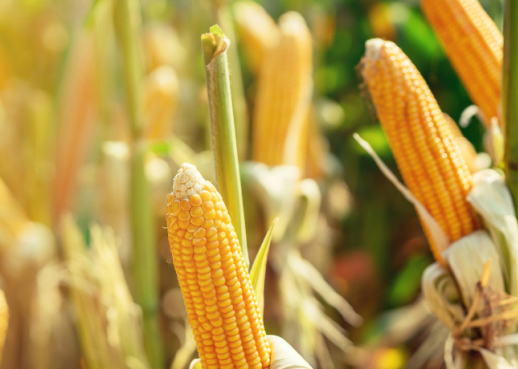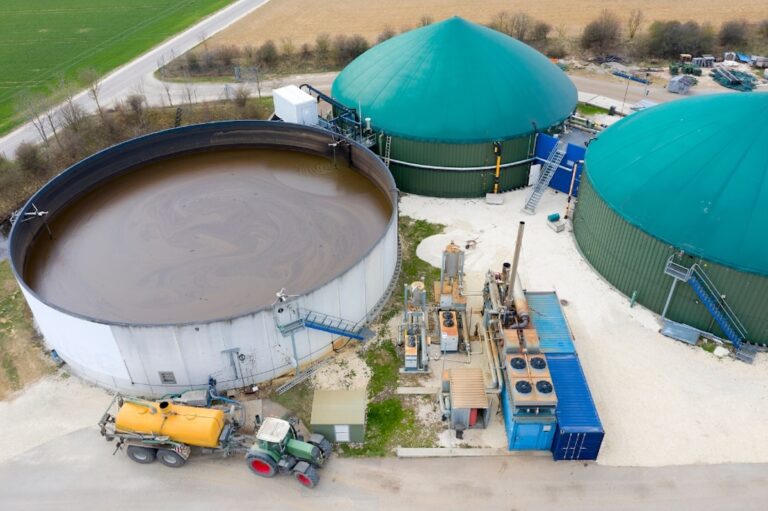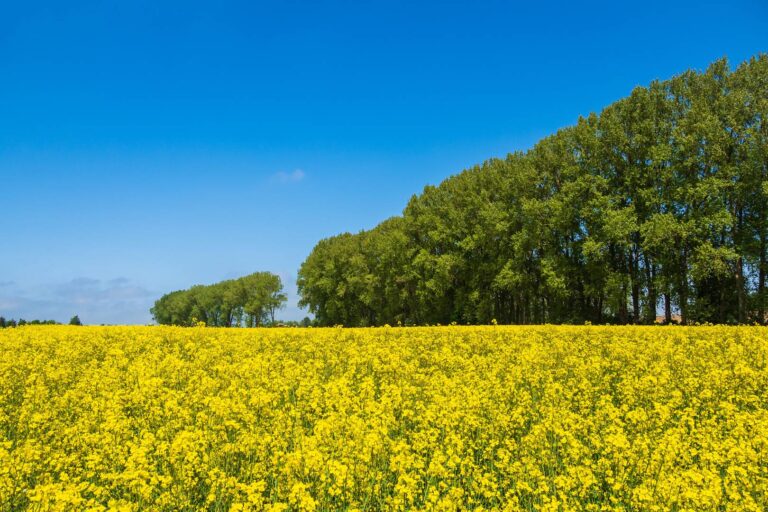Feedstocks
In the production of biofuels, bio-based materials and biochemicals, the three most significant factors are always feedstock, technology, and logistics. The success of any project involves finding the best combination of these at the lowest cost. To properly evaluate feedstocks, long-term viability is an important factor and evaluating profitability for both the grower and producer are the key indicators of this sustainability.

Feedstock Subject Matter Experts
With an average of over 30 years' experience, our experts help our clients reach their goals with feedstock projects such as agricultural waste, municipal solid wastes, pulp & paper, energy crops, fats & greases, biogas, algae, and hydrogen. Below is a list of the more common feedstock projects we support.
700
Projects in the Last 5 Years
48%
C-Suite Experience
48%
Ph.D, MBA & Advanced Degrees
500+
Patents Granted

Feedstock Specialties
Feedstocks are the cornerstone of renewable and sustainable product innovation, driving change across industries. Our expertise ensures the efficient and responsible sourcing of these essential resources.
- Agricultural Waste
- Algae
- Biogas
- Biomass
- Cellulose
- CO2
- Energy Crops
- Fats and Oils
- Forestry Waste
- Hemp
- Lignins
- Plastic waste
- Pulp and paper
- Syngas
- Waste and Waste Oils
Focused, Interdisciplinary Feedstock Solutions
Read our case studies on feedstock projects to learn how we helped our clients achieve their goals.
Evaluation of De-carbonizing LNG Value Chain
Client:
International ManufacturerProject Number:
21026Due Diligence for USDA Section 9003 Loan Guarantee
Client:
Large Oil RefinerProject Number:
21118Due Diligence of Recycled PET Investment
Client:
Global Investment BankProject Number:
22094Choosing Feedstocks
The greatest successes occur when the selected feedstocks are readily available regionally at competitive prices, and the selected technology is the one which most efficiently converts these raw materials into cost effective products. Initial considerations in choosing a feedstock are its availability, composition, and its operating ranges for temperatures, pressures, and flow rates.

Have some questions? Not sure where to start?
Let’s start a conversation. We’re here to help you navigate
the bioeconomy with confidence.
Read our latest insights on the bioeconomy
Fiji Airways, LEC to Partner on SAF Production in Fiji with ADB Funding

BLOGS
Is 2026 the Year of Solid Oxide?
As we approach the Lunar New Year and get ready to celebrate...
Read More

ARTICLES
What New Federal Timber Directives Mean for Wood Processing, Bioenergy, and Domestic Feedstock Supply
By Bill Hagy, Project Director at LEC Partners In early 2025, two...
Read More
